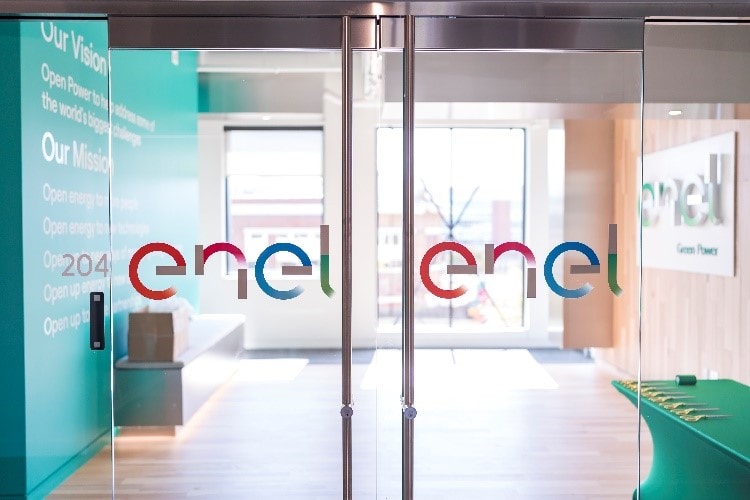The European Securities and Markets Authority (ESMA) has observed a notable shift in the investment patterns of companies within the European Union (EU): They are increasingly channeling resources into environmentally and socially responsible activities, more so than they used to.
The ESMA, Europe’s markets watchdog, scrutinized the 2022 financial reports of 54 non-financial companies, both large and small, from 22 EU member states. One-third of these companies were valued at over €5 billion, another third had the value of €749 million.
“These issuers were selected by national enforcers to perform this fact-finding exercise as being active in sectors
covered by the Taxonomy Climate Delegated Act,” the ESMA writes.
Their findings, released today, reveal that companies’ investments align more closely with the EU’s climate-friendly objectives than can be seen through their operations.
According to the ESMA, a considerable 28.1% of capital expenditures were in harmony with the European Union’s Taxonomy Regulation, a comprehensive list of sustainable activities, compared to 17.3% of revenue. This, the ESMA says, “signal[s] investment efforts in the transition.”
Related Articles: ESG Investing Pays Off, Report Shows | ESG: A Strategic Imperative or Inconvenient Necessity? | Most Companies Unprepared for New ESG Rules, Report Finds | The EU’s Tango With Sustainability: New ESG Reporting Standards Adopted | EU Green Bond Deal: Sustainable Gold Standard or Unrealistic?
These insights emerge against the backdrop of the challenge faced by ESG asset managers in finding businesses that fully adhere to the EU taxonomy guidelines. The European Union is now trying to solicit feedback from stakeholders so that it can improve the taxonomy and expand the coverage of business activities.
The obligation for non-financial companies to report their alignment with the taxonomy was introduced this year. ESMA’s survey was conducted with the primary aim of assessing companies’ compliance with this new reporting requirement.
Nevertheless, there are evident gaps in reporting, as some companies failed to disclose key performance indicators (KPIs). ESMA has committed to collaborating with national regulatory bodies to enhance compliance in this regard.
Editor’s Note: The opinions expressed here by the authors are their own, not those of Impakter.com — In the Featured Photo: The Hojo and its garden of Tofukuji Temple. Featured Photo Credit: ©Christian Kaden / www.Japan-Kyoto.de













